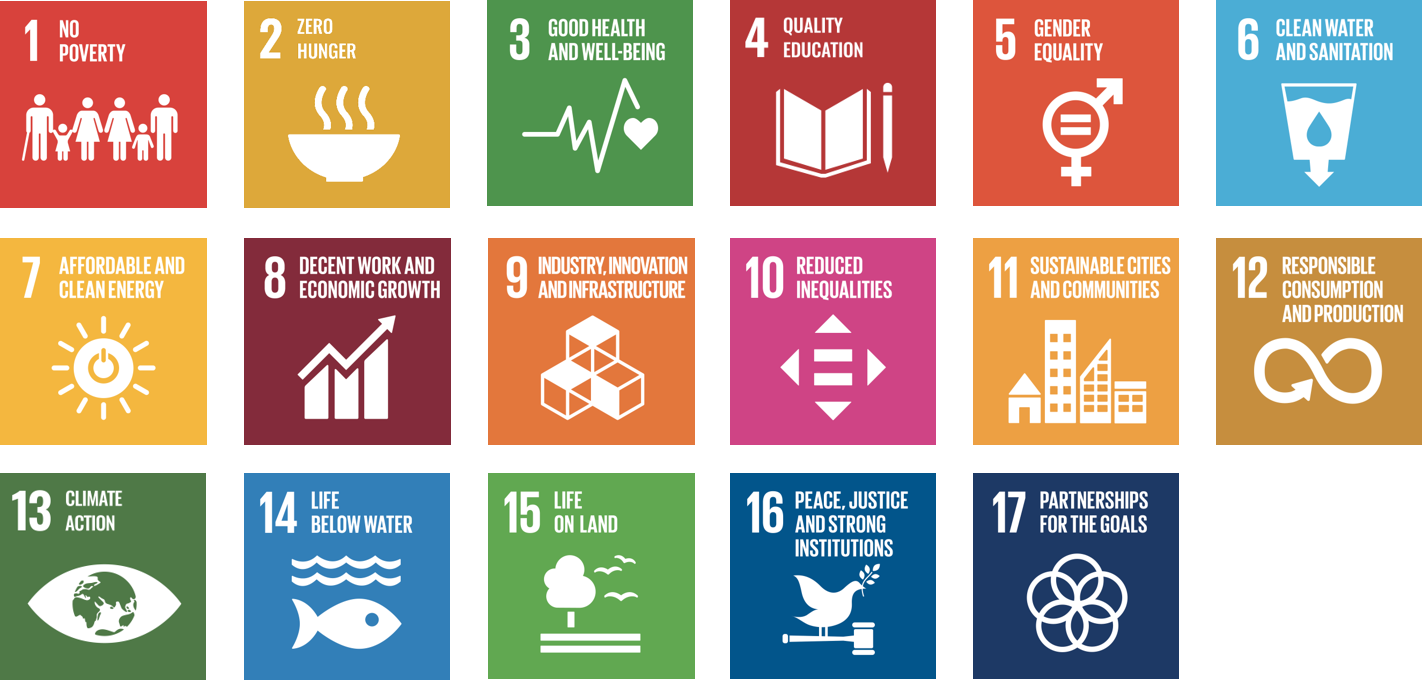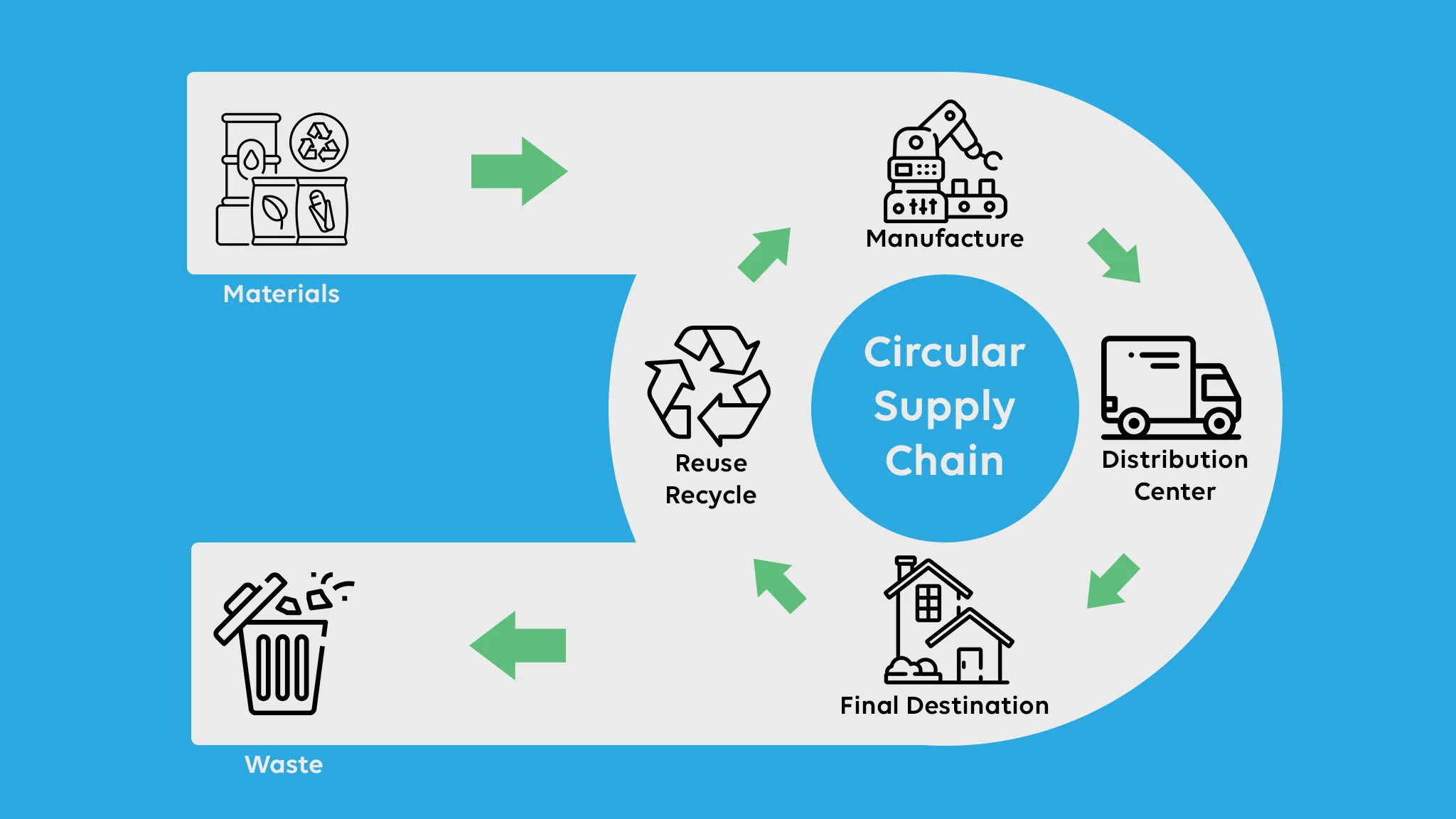
The way businesses manage supply chains is no longer a behind-the-scenes operation. It is becoming the frontline of competitiveness and sustainability. In Malaysia, companies are not just adapting to global sustainability trends; they are setting new benchmarks for responsible and efficient supply chain practices. This is not a cosmetic change or a PR exercise. It is a structural transformation that will determine which businesses thrive in the coming decade.
Green Manufacturing The New Status Symbol For Malaysian Brands
Once considered a cost burden, sustainability has become a badge of innovation. Leading Malaysian manufacturers in sectors like palm oil, electronics, and automotive components are integrating green technologies and ethical sourcing into their processes. Major players such as Sime Darby and Top Glove have committed to reducing carbon footprints across their supply chains. Social media conversations are buzzing with posts like “Sustainability is not a trend, it is survival” a sentiment echoed in recent industry reports.
Consumers today want to know where their products come from and how they are made. Companies embracing this shift are using renewable energy sources, cutting single-use plastics in packaging, and even deploying blockchain for traceability. According to reports from The Star and New Straits Times, businesses that adopt green manufacturing practices see a 15 to 20 percent improvement in operational efficiency while winning stronger consumer trust.
The Rise Of Circular Supply Chains Turning Waste Into Wealth

A growing number of Malaysian companies are moving from linear supply chains to circular models, where waste is repurposed into valuable resources. Take the example of the electronics sector, which is investing in programs to recycle rare earth materials from discarded devices. Social media posts by sustainability influencers highlight initiatives like #GreenMalaysia and #CircularEconomy, fueling consumer demand for responsible brands.
Government support is amplifying this shift. The Malaysian Green Technology and Climate Change Corporation (MGTC) is actively pushing incentives for businesses that adopt sustainable logistics and resource recovery programs. Reports on Business Today indicate that these incentives are helping companies cut costs while reducing environmental impact a double win for the economy and the planet.
Digital Tools Powering Sustainable Supply Chains In Malaysia
Digital transformation is the unsung hero of sustainable supply chains. Malaysian firms are leveraging AI, IoT, and blockchain to monitor every stage of production and logistics. Imagine a system that predicts supply disruptions before they happen, optimizes transportation routes to reduce fuel usage, and ensures compliance with environmental regulations all in real time.
This is no longer futuristic. Companies like DHL Malaysia and Yinson Holdings are already deploying these solutions to improve transparency and efficiency. Facebook and LinkedIn updates from industry leaders often mention terms like “green logistics” and “smart compliance systems”, showing that digital innovation is now inseparable from sustainability goals.
The Future Belongs To Those Who Go Green And Stay Competitive
The race toward sustainable supply chains is not optional. It is a competitive necessity. Malaysian businesses that fail to embrace this change risk being left behind as consumers, investors, and regulators demand accountability. Sustainability is the new profitability, and those who understand this will lead the next era of growth.
